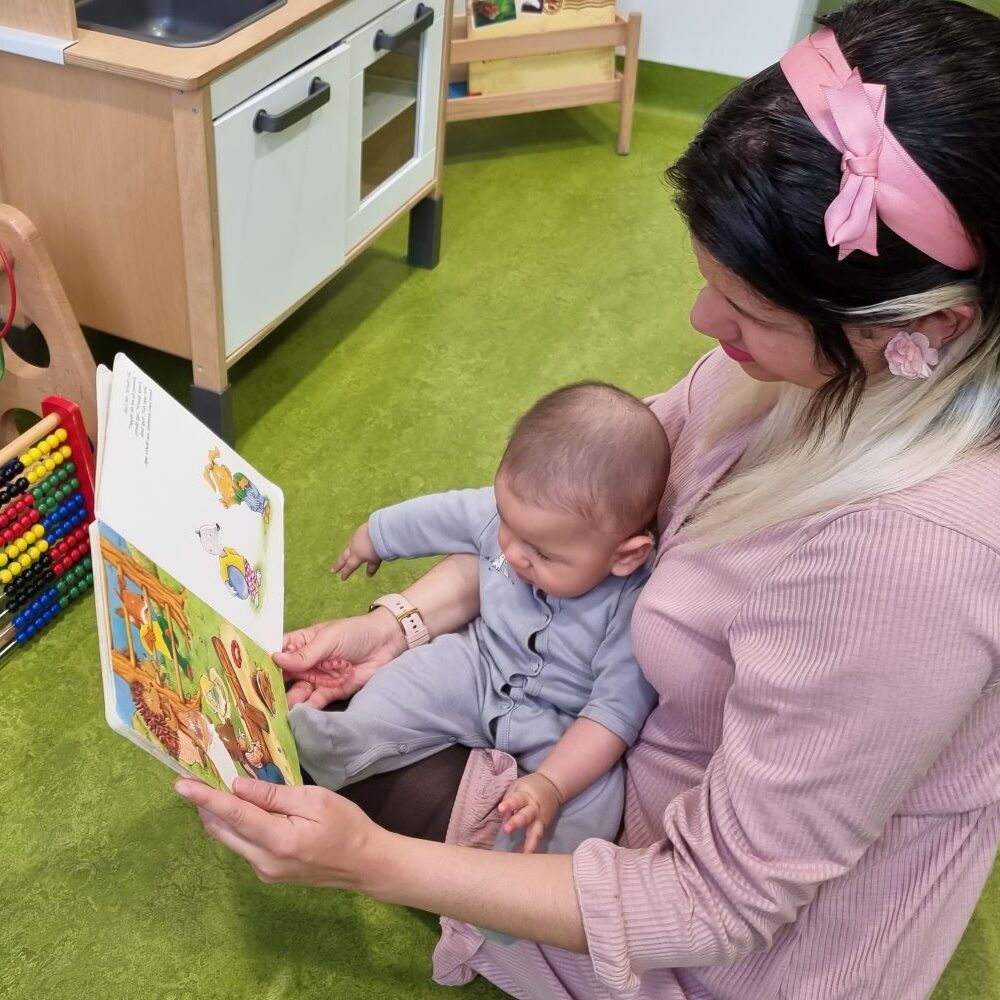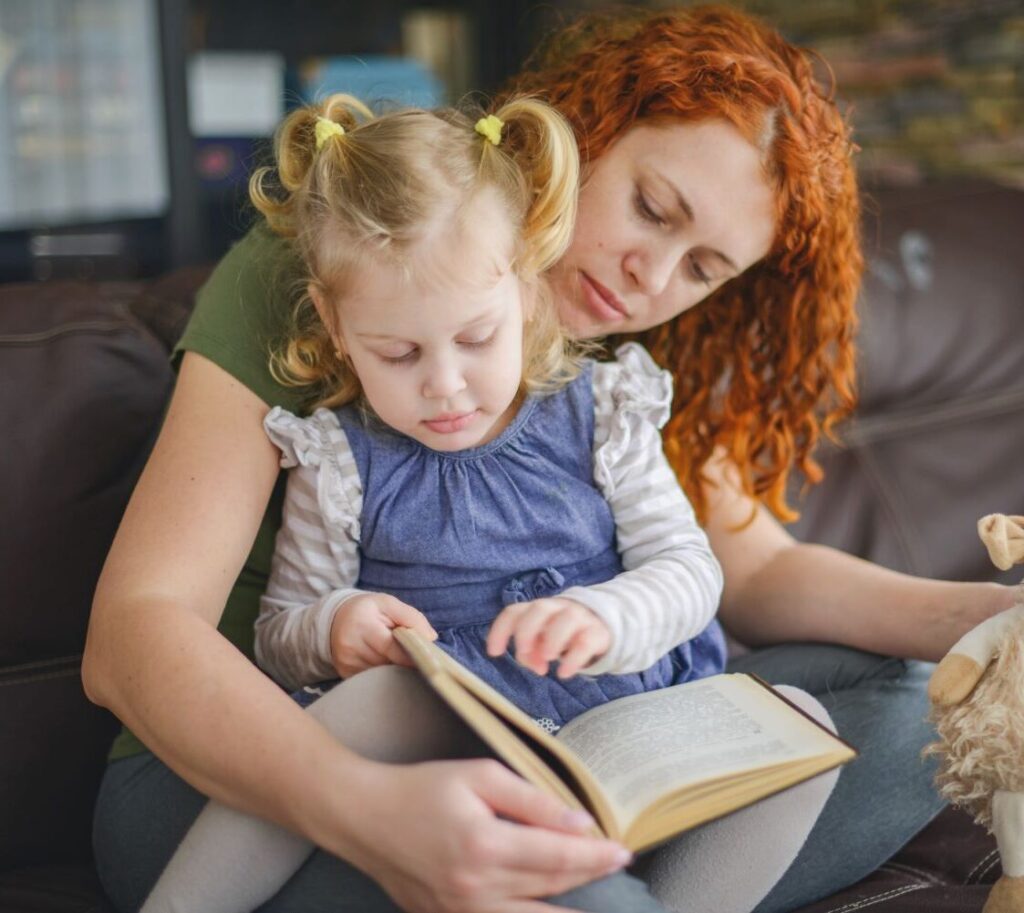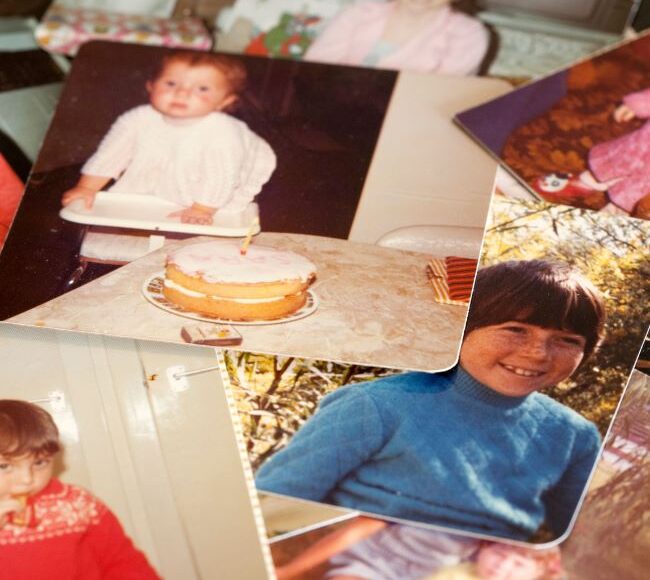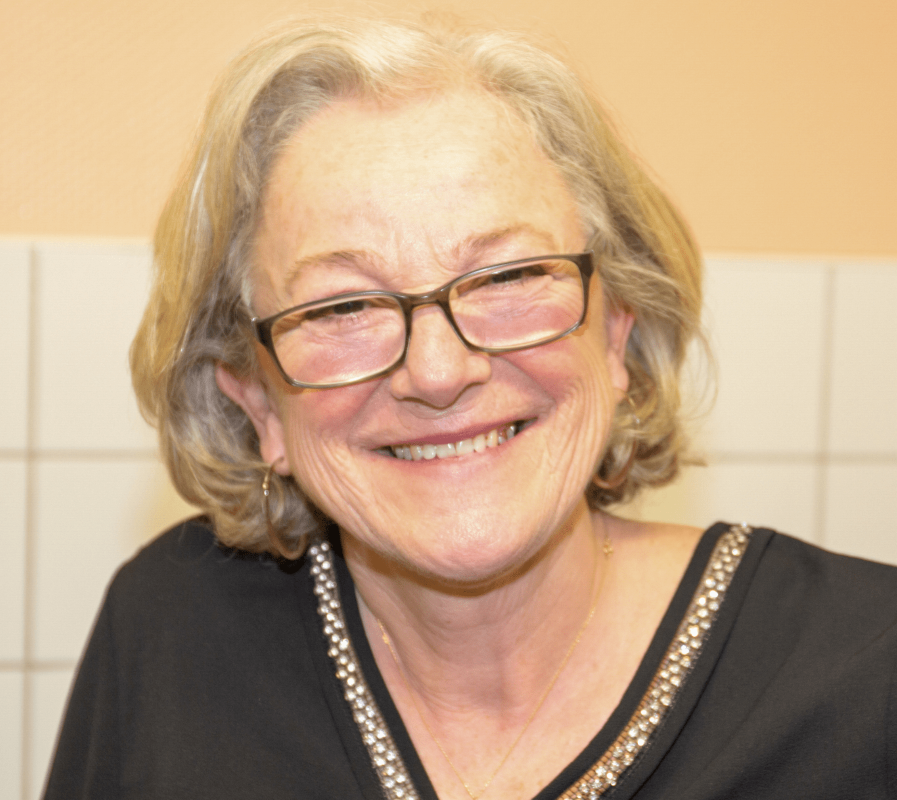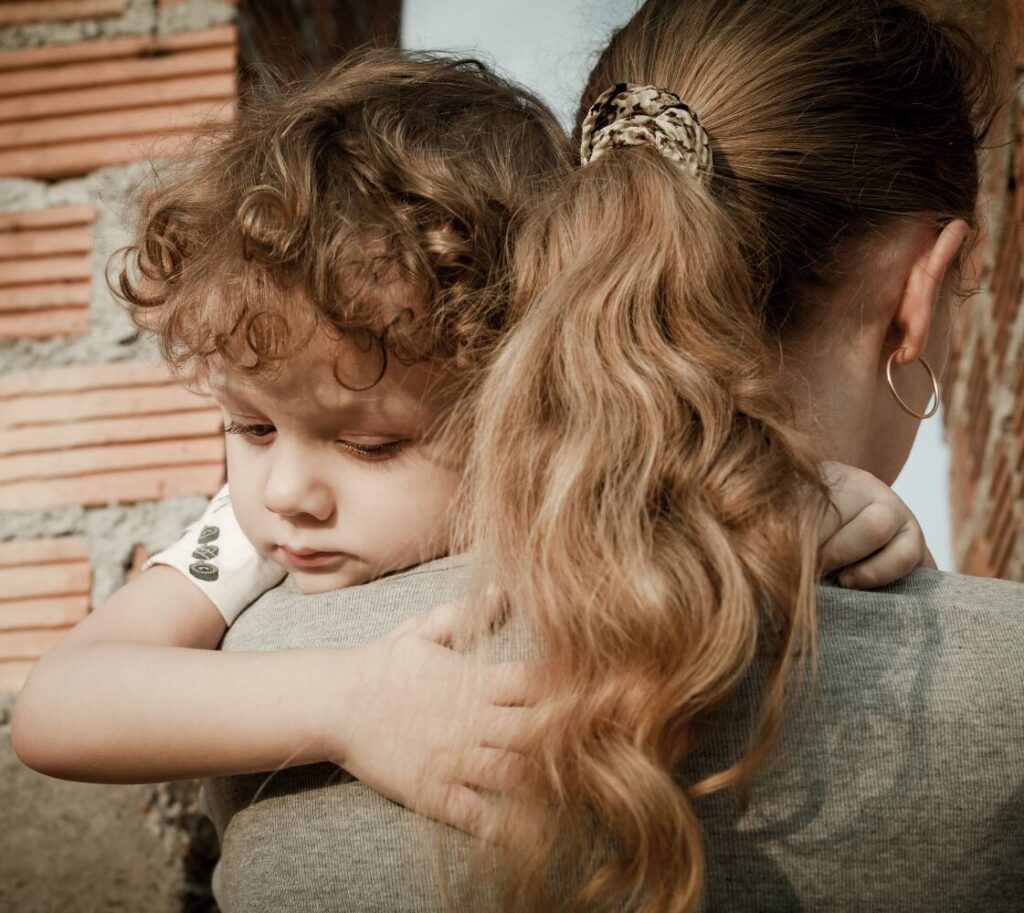The sparsely furnished room is still and peaceful. Sitting on the inviting cushions that are scattered about, a woman feeds her infant daughter from a bottle, a look of serene contentment on her face. It’s a common, almost humdrum, scene that occurs among countless parents every day across the country but here, in the context of Family Action’s Family Time Contact Centre, such moments have an added resonance.
That’s because, for many of the children and the families who come here, these might be critically important moments of bonding before the children move on to adoptive parents or long term foster care.
Family Time Contact Centre, where the children come first
Some of these families are our most vulnerable in society, experiencing the most complicated circumstances, and we know that when they first come to us it can be very scary. The challenging situations that lead to a child being removed from their parent’s care are varied, but all require sensitivity from our staff, as Service Manager Julie explains.
This respect goes two ways, and every individual attending the Family Time contact centre is given a family information pack to establish what the relationship will look like. Doing so outlines expectations around things like mutual respect and not attending under the influence of alcohol or drugs, but it’s also an opportunity to showcase the opportunities available.
For example, families can use the service’s sensory room, toy store, garden and communal kitchen while interacting with their children. Such activities require assessment – to establish, for example, if a parent can heat a bottle safely or is currently able to hold their child –that places the child at the centre of the equation. Julie adds: “The child comes first, and the welfare of the child is paramount. It’s hard to have those difficult conversations with parents about the use of alcohol, for example, but it becomes less difficult when you remain centred on the child as we share that interest in their welfare with parents.”
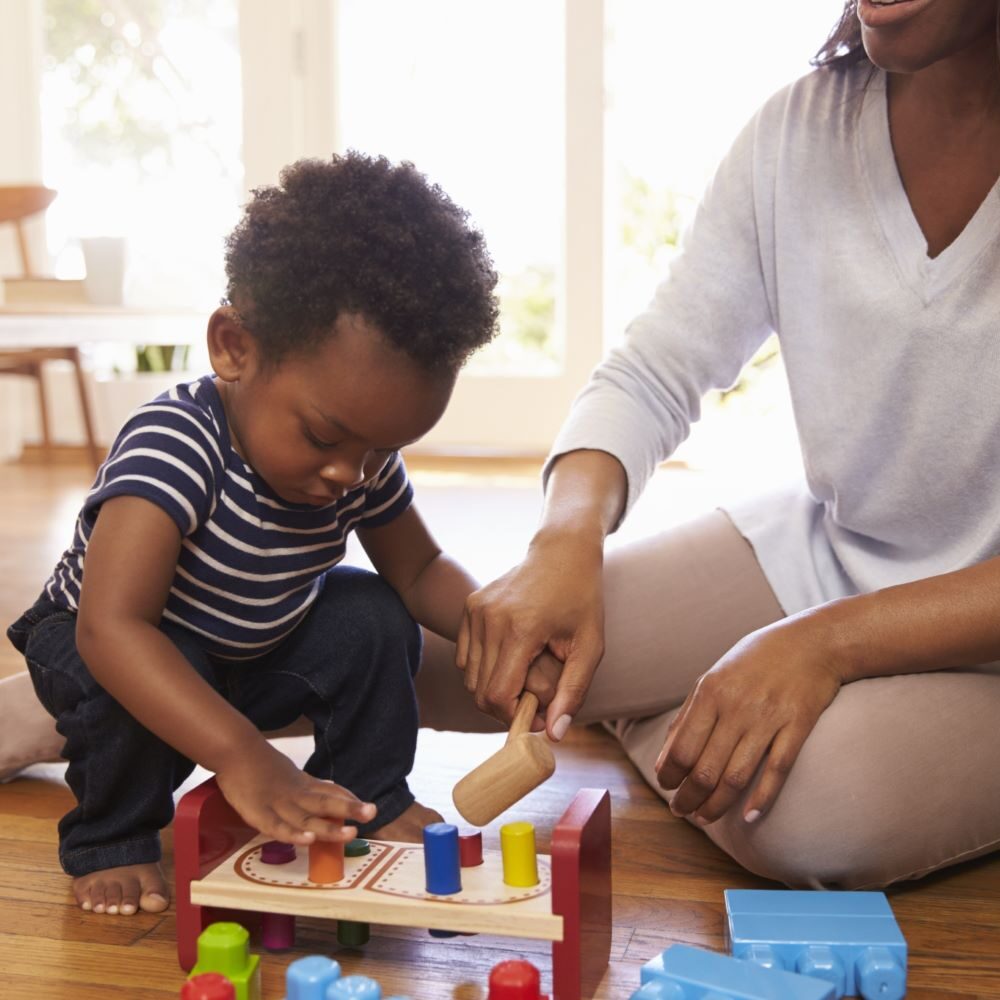
A contact centre with a home environment
This focus on the child extends to ensuring the experience is meaningful for the children in the contact centre’s care and explains the range of facilities on offer. Visitors might be surprised to find, then, that the location isn’t as cheerfully decorated as they might expect. Compared to a children’s centre, for example, it’s much less colourful… but this is wholly intentional.
Julie explains: “We don’t want illustrations of giraffes on the walls, because that’s not what homes have in them… we’re trying to simulate the home environment as much as we can… Family means routine and repetition and structure.”
The same practical thinking governs every aspect of the centre; from the well-stocked toy cupboard for children who might not have toys of their own, to the garden with a circular layout where parents who might not be able to take their child out into the community can take a stroll with their prams around the garden, among the delightful chalk drawings children have created there.
Making important memories
That moment’s going to live in that child’s memories, and the memories of childhood they make here might be the happiest they’ll ever have. At the end of the day the aim is simple… it’s as one staff member puts it “all about making these memories of family as happy as possible”. To help achieve this, the service sometimes works with social services to keep photographic records of moments of family bonding for children to access later in life.
When that child comes back later you can say ‘your parent did love you, but they weren’t able to care for you’, and you can share images. That child will want that picture later in life… and being able to provide them is really powerful.
Again, this approach is also intended to work in the interests of both the child and parent, as some families don’t have phones, or might take their own photographs but lose them or change their handset without backing up the data.
Julie adds: “By virtue of what are sometimes chaotic lifestyles those memories can be lost, so we like to collect them together so that when a child needs to understand their identity at a later time they can”. Another worker nods, adding simply: “The parent feeding their child in that room… It’s a gift. That moment’s going to live in that child’s memories, and the memories of childhood they make here might be the happiest they’ll ever have”.

Being able to spend time with my child here makes my world… my daughter is my world, and the situation that brought me here is just a big, horrible mess.
It’s a testament to the team’s work that the parents who attend the centre often have positive memories of it despite the sometimes desperate context surrounding visits.
One dad said: “It’s been great to be honest, as every one of the staff have made me more than welcome. Because I’m a shift worker they’ve worked round my life and, if my taxi’s delayed and I have to run and I’ve come in sweating, they’re there with a glass of water. Being able to spend time with my child here makes my world… my daughter is my world, and the situation that brought me here is just a big, horrible mess”.
Building relationships
The importance of parental contact is vital, but in many cases the centre itself becomes a place of comfort and safety for young people in insecure situations. For this reason, the service facilitates conversations between foster carers and parents to ensure children’s needs are met and aims to connect young children with the same worker at the centre wherever possible.
One result of such communication is that staff forge deep connections with the children who attend and speak fondly of the interesting conversations and memories that are made during the transport to and from family time.
As one staff member says: “Certain children will want to sing certain songs or play certain games – they’ll say ‘Julie’s going to pick me up from my foster carer’s and we’re going to play Taylor Swift”.
Because, as adults and children, we all want to know that we once belonged somewhere.
This commitment to making the centre a place where memories are forged extends to holidays, with the service inviting multiple families for Christmas and Easter celebrations where traditions are observed, and occasions such as birthdays are marked. The service also hosts family fun days featuring activities like scavenger hunts or snooker tournaments, where families come together to cook, eat and tidy up.
It’s just one more example of trying to reinforce feelings of comfort and stability so that, even if outside issues mean parents can’t always connect, children always feel wanted.
